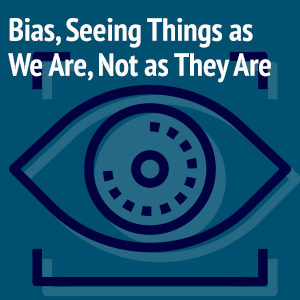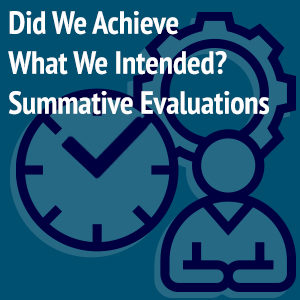 What is a Theory of Change?
What is a Theory of Change?
A theory of change is a method for planning, monitoring, and evaluating initiatives in the non-profit, philanthropic, and government sectors. A theory of change articulates and graphically illustrates the assumptions that inform a change initiative, the prospective set of changes the initiative hopes to make, and the logical and chronological order in which causes and anticipated outcomes will occur. Theories of change ask that program planners, supporters, staff, and in some cases, participants, outline the causal pathway between an initiative’s actions and its ultimate goals. Although a theory of change is like a logic model, a theory of change differs from a logic model in so far as it is a graphic representation of the steps necessary to address a given problem or issue. A logic model is typically more focused on a specific program’s deployment of resources to produce specified outcomes.
Typically, theories of change include an explanation of how and why anticipated changes will occur, rather than simply mapping the relationship among inputs, outputs, and outcomes. Consequently, theories of change are explanatory, while logic models are descriptive. Clark and Anderson argue that logic models “usually start with a program and illustrate its components” while “theories of change (work) best when starting with a goal, before deciding which programmatic approaches are needed.” (For more information on the differences between a logic model and a theory of change see, Clark and Anderson’s “Theories of Change and Logic Models: Telling Them Apart”).
Patricia Rogers writes, “A ‘theory of change’ explains how activities are understood to produce a series of results that contribute to achieving the final intended impacts. It can be developed for any level of intervention – an event, a project, a program, a policy, a strategy or an organization” (see UNICEF—Theory of Change).
Why Develop a Theory of Change?
Everyone who is involved in a change process has an implicit idea of how changes come about. Collaboratively developing a theory of change can help stakeholders to build a shared understanding of the causal steps (and the underlying implicit assumptions) that are prerequisite to achieving a desired goal. A theory of change can illustrate the causal logic in a way that says “if we do ‘x’, then ‘y’ is likely to occur.” Essentially, theories of change are a diagram of how things should work, the resources needed to achieve a goal or set of goals, and the causal relationships between various factors that lead to the achievement of a goal.
Reasons for developing a theory of change also include:
- assisting stakeholders to articulate how and why a change initiative will work
- graphically representing the implicit and often tacit causal mechanisms at work in a service delivery system or programmatic initiative
- enhancing an understanding of how information can be used to measure or indicate changes (outcomes and impacts)
- clarifying for stakeholders why things may be working and not working
- building a consensus about how an initiative should work, so that it reaches its goals

Resources:
What is a theory of change?
http://www.theoryofchange.org/what-is-theory-of-change/
Annie E. Casey Foundation: Theory of Change: A Practical Tool For Action, Results, and Learning
http://www.aecf.org/m/resourcedoc/aecf-theoryofchange-2004.pdf
Video: “How to Develop a Theory of Change”
Using a Theory of Change in Program Design and Planning
http://www.theoryofchange.nl/topic/using-toc-programme-design-and-planning
Video: “DIY—Theory of Change
Theory of Change—Wikipedia
https://en.wikipedia.org/wiki/Theory_of_change
Unicef—Theory of Change
http://www.unicef-irc.org/publications/pdf/brief_2_theoryofchange_eng.pdf
A Community Builder’s Approach to a Theory of Change
http://dmeforpeace.org/sites/default/files/Community%20Builder%27s%20Approach%20to%20Theory%20of%20Change.pdf
Differences between a Logic Model and a Theory of Change
http://www.theoryofchange.org/wp-content/uploads/toco_library/pdf/TOCs_and_Logic_Models_forAEA.pdf
Theory of Change Portal (Netherlands)
http://www.theoryofchange.nl/
Harvard Family Research Institute—Theory of change
http://www.hfrp.org/evaluation/the-evaluation-exchange/issue-archive/evaluation-methodology/an-introduction-to-theory-of-change
Theory of Change in the Philanthropic Sector
http://www.dochas.ie/Shared/Files/4/Theory_of_Change_Tool_Manual.pdf


